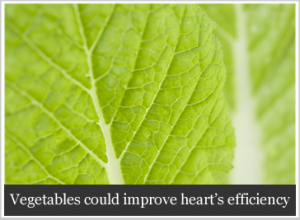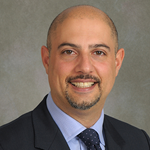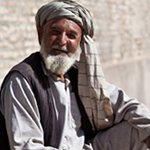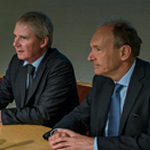“The surplus isn’t a profit, we are capturing growth and income so we can invest in the University’s infrastructure and ensure sustainability” – Sarah Pook, Director of Finance.
With the financial statements for the year being approved, how did the University do?
We achieved a surplus for the year of £15.4m on total turnover of £484m (the surplus representing 3.2 per cent of turnover). This compares with a surplus of £5.8m in the previous year, with the year-on-year improvement reflecting the significant increase in student fee income and a more modest increase in expenditure levels. We have made significant progress in the last two years in building our surplus for re-investment, which helps build and sustain the reputation of the University.
We also grew our research income to £111m, having exceeded the £100m mark in 2012/13 for the first time. This shows the impact of our investment in excellent research and is a significant step forward for our strategic aims to grow and change the world for the better.
What are our key focus areas?
To invest in staff and to grow our academic staffing. Focusing on academic excellence and the student experience is critical for us. We have grown our academic staff by 377 FTE over the last three years. We also completed our capital programme with the opening of the Southampton Boldrewood Innovation Campus, a capital investment developed in partnership with Lloyds Register. This investment was funded with contributions from HEFCE and Lloyds Register, as well as our cash generated through in year surpluses. HEFCE capital is increasingly difficult to secure in times of austerity, and to carry on investing in such world-class facilities requires us to generate surpluses each year to deliver cash for longer term capital schemes.
What challenges do you foresee in achieving our financial goals for the coming year?
We are growing every year, and we need to be aware that this income growth has to deliver increased surpluses, which means managing the growth in our cost base whilst focusing on excellence. Our strategic financial target is to deliver a surplus of 5 per cent of the turnover, effectively replacing the HEFCE grants that have largely disappeared with the introduction of £9,000 tuition fees. It is important that we are able to maintain a sustainable infrastructure at the University to deliver an excellent student experience and maintain and develop our world-class research .
As well as the financial statements, we would like to know more about you, and your role at Southampton. How long have you been at the University and what has stood out to you?
I have been at the University for over three years now. It has been an interesting journey, as I joined from outside of the sector at a time of the most significant change to higher education finances in some time. It was helpful that I could bring fresh perspectives on board, but it has also meant that I have sometimes not fully appreciated the cultural challenges of the changes underway. There has been a lot to learn, and I am still finding out new things every day, which is really fascinating for me.
What do you like about the University’s environment?
I like the buzz around the place. Although my role is not integrally linked with the students, I really look forward to opportunities to work with our students through the SUSU executive, our own internship programme and through career mentoring. Higher education is going through such an immense change and the impact that our research has is (to quote an academic from another institution) amazing. We are focused on growth and have ambitious goals. It is great to be able to contribute in some way to turning these visions into reality.
What do you like to do in your spare time?
I mostly just ride horses. Spending time with family and friends and riding horses is all I do when I am not working.
To view our financial statements, click here.
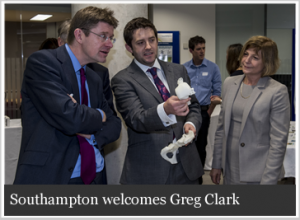 The Rt Hon Greg Clark MP, Minister for Universities, Science and Cities visited and officially opened our new state-of-the-art Advanced Composite Materials Facility. Read more here.
The Rt Hon Greg Clark MP, Minister for Universities, Science and Cities visited and officially opened our new state-of-the-art Advanced Composite Materials Facility. Read more here.
